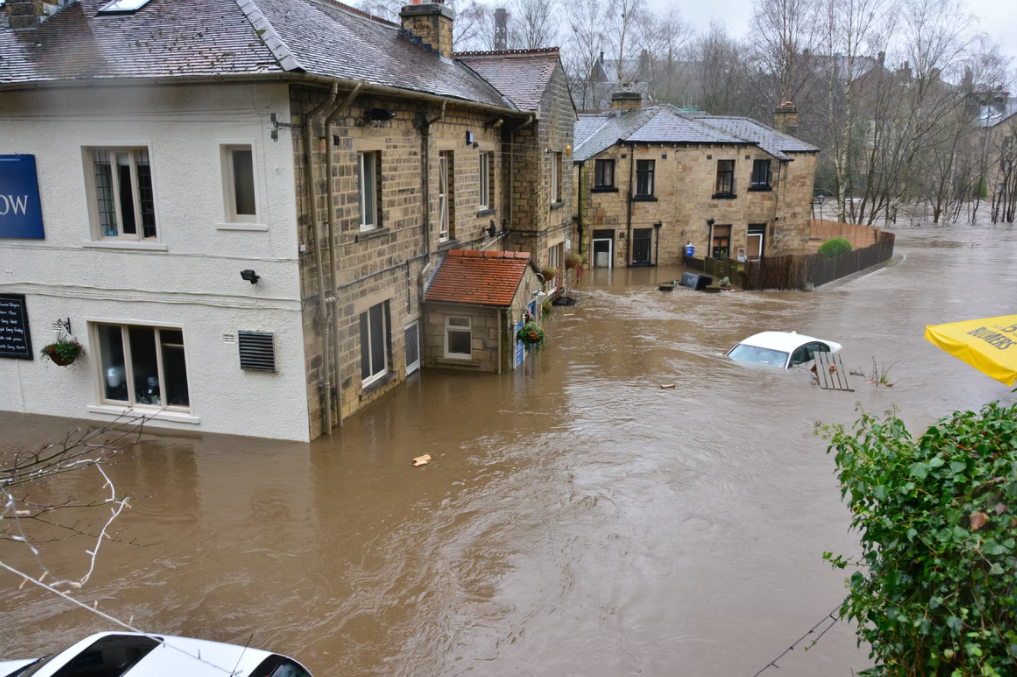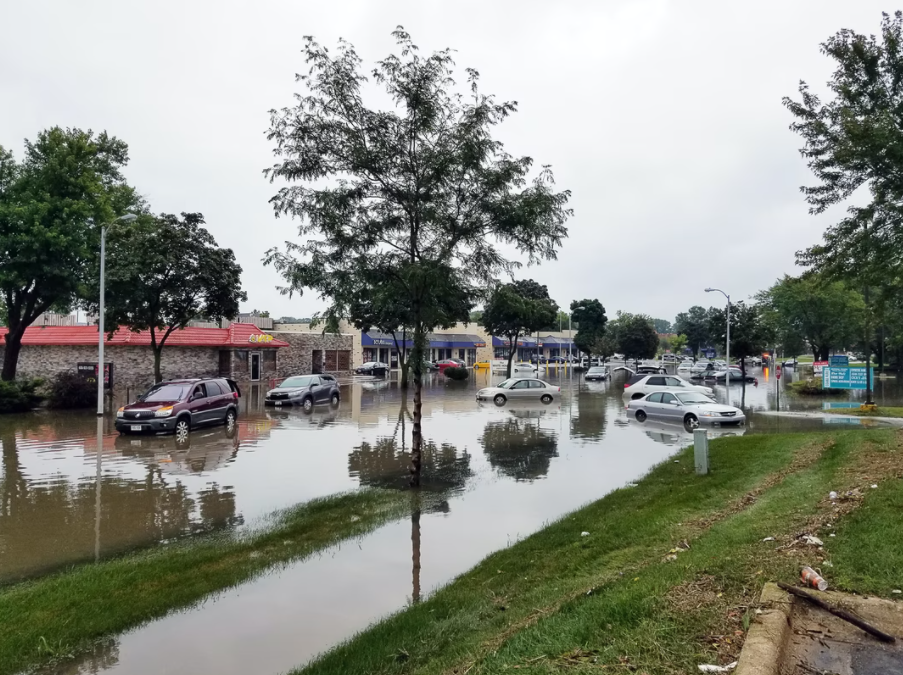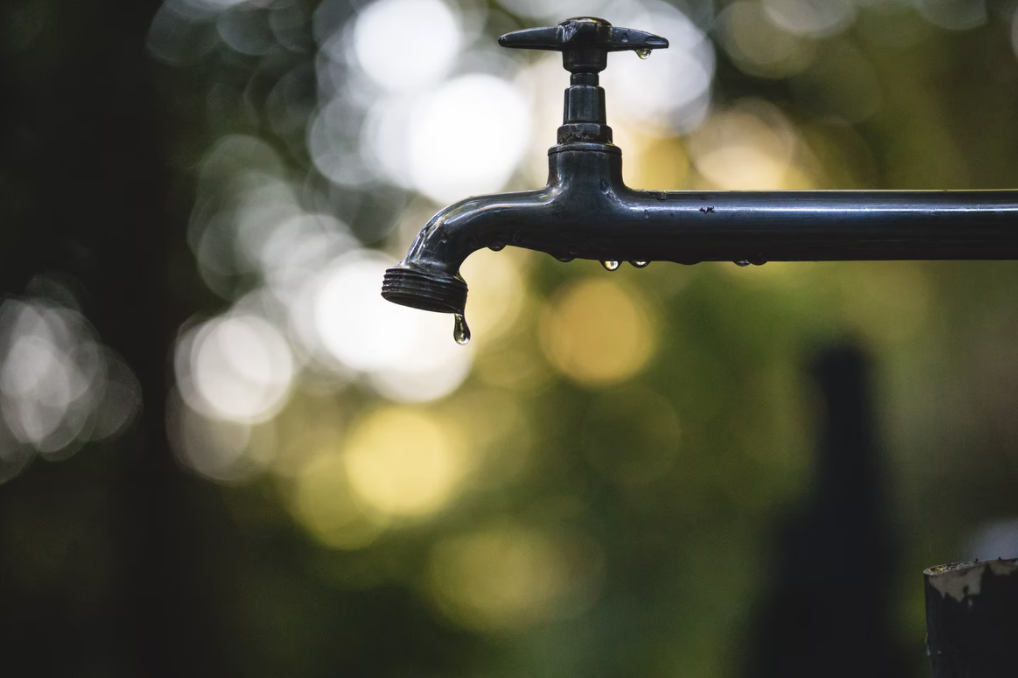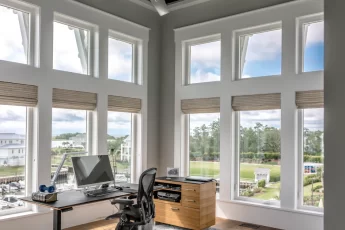The Hidden Dangers of Untreated Water Damage in Your Home

Water damage in a home can often seem like a minor issue at first glance. You might assume that a small leak or a few damp spots will dry out on their own, but ignoring these issues can lead to severe consequences!

Untreated water damage has long-lasting effects that go beyond what’s immediately visible. It can undermine the integrity of your home, introduce health risks, and create costly repairs down the line.
Water damage services are critical in these cases, especially when homeowners fail to address the issue promptly. The repercussions of untreated water damage extend far beyond aesthetic concerns, often resulting in major structural damage and health hazards that can be costly to repair. Let’s explore the hidden dangers of neglecting water damage in your home.
Structural Damage: A Hidden Crisis
One of the most insidious dangers of untreated water damage is the long-term impact it has on your home’s structure. Wooden beams, studs, and floors are particularly susceptible to rot and weakening when exposed to moisture over time. As water seeps into these materials, it accelerates the breakdown of their integrity, leading to sagging floors, unstable walls, and even the collapse of entire sections of your home.
Moisture can also infiltrate the foundation, which is one of the most crucial parts of your property. Over time, even minor leaks can cause shifting or cracking, leading to foundation problems. Repairing these issues can become extremely expensive, especially if they remain unaddressed for an extended period.
Mold Growth: A Silent Health Hazard
Mold is another hidden danger that thrives in damp environments. When water damage is left untreated, it creates the perfect breeding ground for mold spores. These spores spread quickly, not just in walls and ceilings, but in hidden spaces such as behind drywall or under carpets. Mold doesn’t just damage property; it can have serious health implications for anyone living in the home.
Exposure to mold can lead to respiratory issues, allergic reactions, skin irritation, and even neurological problems in extreme cases. Individuals with asthma, allergies, or weakened immune systems are particularly vulnerable. In fact, untreated water damage is one of the leading causes of indoor mold growth, making it a critical issue that should never be ignored.
Electrical Hazards: The Risk of Electrocution
Water and electricity are a dangerous combination. When water leaks into electrical systems, it can cause short circuits, power outages, and even fires. Outlets, wiring, and light fixtures can become submerged, creating a significant electrocution risk. This is particularly dangerous in areas like the basement, attic, or bathroom, where water intrusion is common.
Many homeowners don’t realize that the water’s path of entry can leave behind electrical hazards that may not be immediately apparent. Without proper inspection and repair, these risks can persist, making your home unsafe. Even small leaks that go unnoticed for weeks or months can lead to a potential fire hazard if they involve your home’s electrical infrastructure.
Increased Repair Costs: A Growing Financial Burden
What often begins as a simple leak can escalate into a financial nightmare if left untreated. Water damage, even in small amounts, can create a cascading effect on your home’s systems. For example, untreated water can damage flooring, walls, insulation, and furniture. If you delay repairs, you’ll likely face much higher costs, as the issue worsens over time.
In some cases, what might have been a minor repair can turn into a major renovation project. Structural issues, mold removal, and electrical repairs all contribute to higher costs. The longer you wait to address water damage, the more expensive it becomes to repair. Additionally, insurance claims may be more difficult to process if the damage is deemed preventable.
Decreased Property Value: Long-Term Consequences
A home with untreated water damage is a significant red flag for potential buyers. If you’re planning to sell your property, water damage can severely affect its market value. Prospective buyers are unlikely to overlook issues like mold, weakened structural integrity, or the potential for future water-related problems.
Even if the damage is hidden, a buyer will often conduct a thorough inspection, and any evidence of water damage will raise concerns. In some cases, this could result in a lower offer, or the deal could fall through altogether. Homeowners who fail to address water damage before listing their property risk losing out on significant financial gain.
Unpleasant Odors: A Constant Reminder of the Problem
Another subtle but noticeable effect of untreated water damage is the musty odor it leaves behind. When moisture is absorbed by materials like drywall, carpet, or wood, it creates a lingering smell that can permeate throughout the home. This odor is often associated with mold growth and decay, which can make your home feel uncomfortable or even uninhabitable.
Removing the smell typically requires extensive cleaning and air purification, but the source of the issue—the moisture—must be eliminated first. If the underlying water damage is not fixed, the smell will persist, continuing to degrade the home’s air quality and livability.
Pest Infestations: A Breeding Ground for Insects and Rodents
Water damage can also attract pests into your home. When water seeps into walls, floors, and other hidden spaces, it can create the ideal environment for insects and rodents to thrive. Termites, cockroaches, rodents, and ants are all known to seek out moist environments, making water-damaged areas especially appealing.
These pests can cause additional property damage, creating a vicious cycle where water damage leads to pest infestations, which in turn lead to more damage. Over time, this can compound the problem, resulting in even greater costs to repair both the water damage and the pest-related issues.
Delayed Insurance Claims: Missed Opportunities for Coverage
If you delay repairing water damage, you might miss the opportunity to file an insurance claim or receive full compensation for the repairs. Insurance companies often have strict time limits within which water damage must be reported and addressed. Waiting too long to act may result in the claim being denied, leaving you to shoulder the financial burden of repairs on your own.
Homeowners should always act quickly and work with professionals who understand the insurance process. Restoration companies that specialize in water damage are often well-versed in filing claims and documenting the necessary evidence to ensure that you’re fully covered for the repairs needed.
Conclusion: The Urgency of Addressing Water Damage
The hidden dangers of untreated water damage are far-reaching, affecting everything from your home’s structural integrity to your health and finances. Neglecting these issues can lead to escalating costs, health risks, and irreversible damage to your property. If you suspect water damage in your home, don’t wait for it to worsen. Reach out to professionals who can address the problem immediately, mitigate further damage, and restore your home to its original condition.
The best way to avoid the long-term consequences of water damage is to act swiftly and prevent it from spreading. Regular inspections, prompt repairs, and professional water damage services will help safeguard your property, your health, and your finances.








